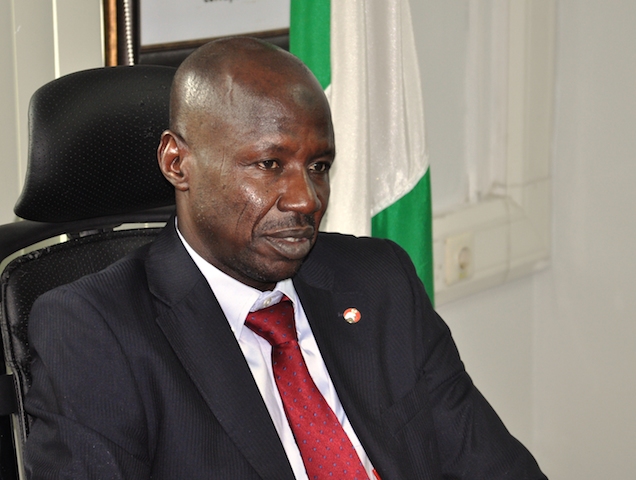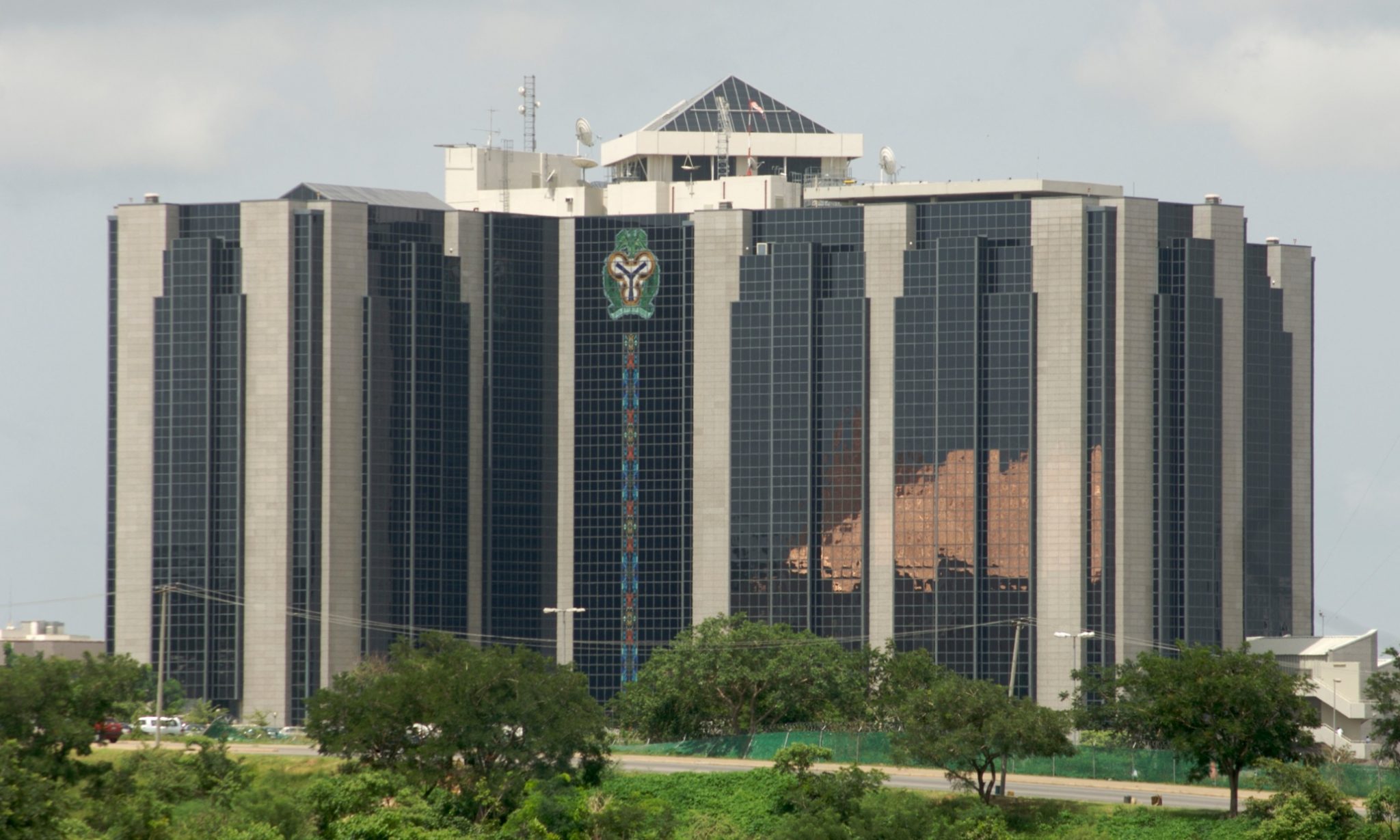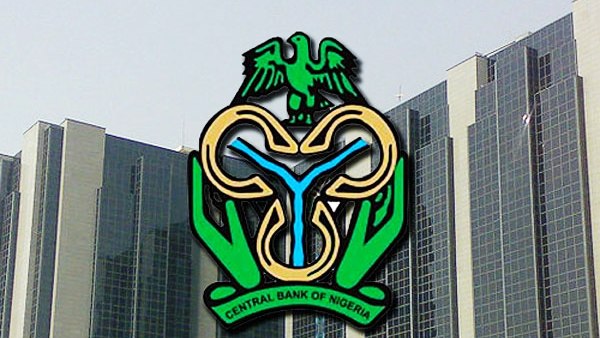The 12 banks involved in the $1.2 billion 9Mobile loan are setting aside a large part of the debt from their books ahead of the December 31 end-date for the fiscal year.
The mobile company took the loan four years ago from a consortium of banks. It failed to repay the loan due to a currency crisis and the economic recession.
In the deal are: Zenith Bank, GTBank, First Bank, United Bank for Africa, Fidelity Bank, Access Bank, Ecobank, First City Monument Bank, Stanbic IBTC and Union Bank.
TheNewsGuru.com reports that Zenith Bank had on Monday announced that it had made a provision on 30 per cent of its loan to 9Mobile, the country’s fourth largest telecoms group formerly known as Etisalat Nigeria.
The bank’s Chief Executive Officer, Peter Amangbo, said: “We have taken about 30 per cent … as a provision, which we believe is very prudent as the company is undergoing restructuring … to prepare for a new investor.”
According to a reliable source, Zenith Bank is the largest lender to 9Mobile. The bank has declined to disclose its exposure to the telecoms group. The Tier-1 lender had last week reported a pre-tax profit of N92.18 billion for its half year against N53.91 billion a year ago.
TheNewsGuru.com recalls that the Central Bank of Nigeria (CBN) and the Nigerian Communication Commission (NCC) in July saved Etisalat Nigeria from collapse, stopping the company from going into receivership. But the telecom giant witnessed a board, management and name change.
Former Keystone Bank Executive Director Richard Obire said many other banks were likely to provide for certain percentage of the loans, depending on their profitability positions.
He said Zenith Bank, being a highly profitable bank, was thinking that it might not be able to recover the full money. “Zenith may be considering that when it gets down to negotiation with 9Mobile, it may end up giving about 30 per cent of the debt. The debtor may ask for more restructuring and loan forgiveness,” Obire said.
According to him, some banks are conservative and may want to stay within the five per cent regulatory non-performing loan threshold while some may want to exceed the limit. “Banks that are making more money are more likely to provide for their loans than those with less profitability,” he said.
Obire said by exceeding the 10 per cent peg for sub-standard loans to go for 30 per cent provision, Zenith Bank was indirectly saying that although the loan was not doubtful, but it was more than sub-standard. “If the bank does 30 per cent provision on the loan in 2017, it may do 50 per cent in 2018 while considering the variables surrounding the loans,” he said.
Head Treasuries at Ecobank Nigeria Olakunle Ezun said it is expected that the banks will provide for the loan, which he described as a bad debt. “For now, 9Mobile loan is like a non-performing loan for the banks. I understand that the banks are trying to restructure the loan. If they succeed, it will become a performing loan; otherwise it will have to be provided for in their books,” he said.
He said more banks may provide for the loan by year-end, but such a decision will be determined by the boards and their interpretation of the future of 9Mobile.
According to CBN Prudential Guidelines, banks are expected to review their credit portfolio continuously (at least once in a quarter) with a view to recognising any deterioration in credit quality. Such reviews should systematically and realistically classify banks’ credit exposures based on the perceived risks of default.
To facilitate comparability of banks’ classification of their credit portfolios, the guidelines said assessment of risk of default should be based on criteria, which should include, but are not limited to, repayment performance, borrower’s repayment capacity on the basis of current financial condition and net realisable value of collateral.
The CBN prudential guidelines stipulate that a credit facility should be deemed as non-performing when interest or principal is due and unpaid for 90 days or more; interest payments equal to 90 days interest or more have been capitalized, rescheduled or rolled over into a new loan.
The guideline said a loan can be substandard, doubtful or lost. A loan is subs-standard when unpaid principal and/or interest remain outstanding for more than 90 days but less than 180 days. Credit facilities which display well defined weaknesses which could affect the ability of borrowers to repay, such as inadequate cash flow to service debt, undercapitalisation or insufficient working capital, absence of adequate financial information or collateral documentation, among others, are said to be sub-standard.
According to the CBN guidelines, a loan is classified as doubtful when unpaid principal and/or interest remain outstanding for at least 180 days but less than 360 days and in addition to the weaknesses associated with sub-standard credit facilities reflect that full repayment of the debt is not certain or that realisable collateral values will be insufficient to cover bank’s exposure.
A loan is classified as lost when unpaid principal and/or interest remain outstanding for 360 days or more and in addition to the weaknesses associated with doubtful credit facilities, are considered uncollectible and are of such little value that continuation as a bankable asset is unrealistic.




